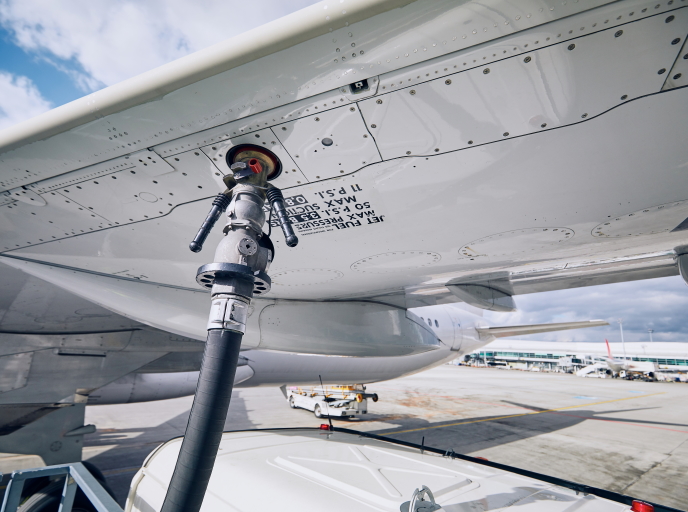Regional networks for thriving sustainable and innovative procurement
The potential of public procurement for addressing issues such as climate change and social inclusion is widely acknowledged. Yet, the implementation of sustainable and innovative procurement remains very uneven across the EU. Public procurers are not always aware of the sustainability impact of their purchasing decisions. They often don’t know about potential alternative solutions available on the market, are not always sure of how to integrate sustainability concerns into procurement, don’t have time to invest in research and adaptations of procurement approaches, and suffer from a lack of market power caused by the fragmentation of the public sector. The SPP Regions consortium believes in collaboration at the local or regional level, between municipalities and other public sector organisations, as an effective means to remove these barriers. “There is a huge potential at the European level for exchanging information and ideas related to sustainable products and services, tender specifications and procurement procedures/approaches, as well as advice on networking activities themselves,” says Simon Clement, coordinator of the project on behalf of ICLEI Europe. Over the past three years, SPP Regions established new networks or strengthened existing ones in seven European regions: Copenhagen, Rotterdam, Torino, Bristol, Barcelona, West France and Gabrovo. Torino, West France and Barcelona – which had already established their regional networks – served as mentors to the other four regions which were themselves selected for their geographical spread and the willingness of a local organisation to drive the creation of a new network. The idea was to demonstrate how these networks could successfully address SPP challenges and, ultimately, encourage the creation of further networks even beyond the lifetime of the project. Different forms of collaboration are possible, from informal relationships between a group of municipalities, to the establishment of a specific organisation to run a network, and offer ongoing support services. “We explored a variety of different approaches within the project. For each network, collaboration revolved around the publication of a series of eco-innovative tenders by network members (six tenders for each network). Tenders published were related to low emission transportation, energy use in buildings, renewable electricity and food and catering. Technical support for the contracting authority was provided by the network for each tender. Furthermore, a programme of capacity building workshops was established for the members of each network,” says Clement. “At the European level, the existing Procura+ Campaign was relaunched as the Procura+ European Sustainable Procurement Network, with a series of strong networking actions including seminars, webinars, newsletters, the development of case studies, and the revision of the Procura+ Manual on sustainable procurement implementation,” he explains. The project website features 40 case studies outlining specific procurement actions driven by regional networking and the provision of technical support, together with the environmental savings which can be attributed to each tender. Highlights include: two contracts for the supply of green electricity to multiple public organisations in the Torino and Barcelona regions; the purchase of the first electric buses in Bulgaria (by Sofia and Gabrovo); collaborative regional framework contracts for food procurement and delivery in Bath, North-East Somerset, and Vendée; and the construction of a passive primary school in Lansingerland. “In total, the 40 published tenders will lead to a saving of almost 400 000 tonnes of CO2/year, and lead to the generation of over 1 000 GWh of renewable energy,” Clement points out. Although the project is now completed, five of the seven networks will continue to operate over the longer term. An additional nine new networks will be established in Italy, Spain, Finland and the UK.







